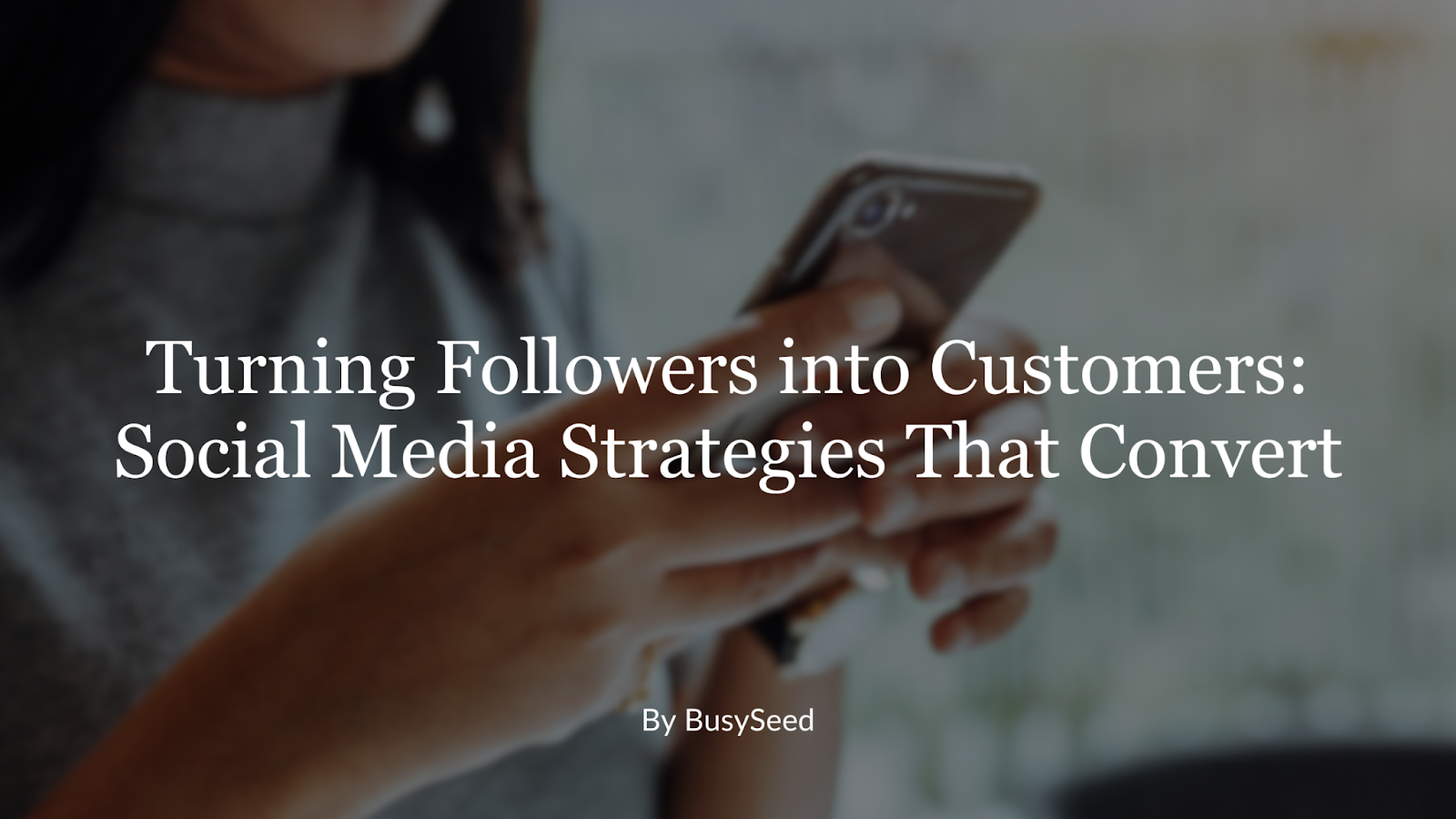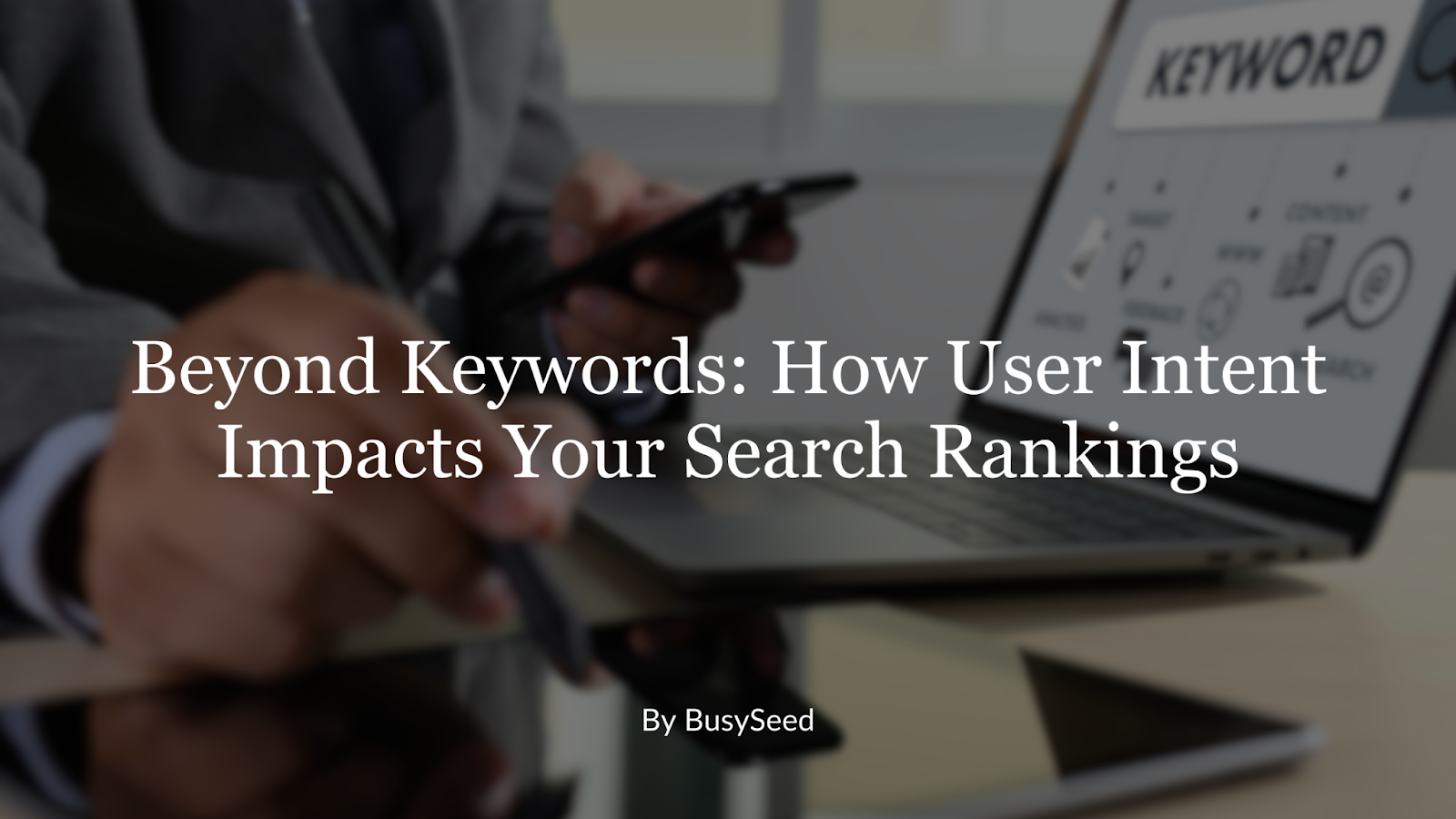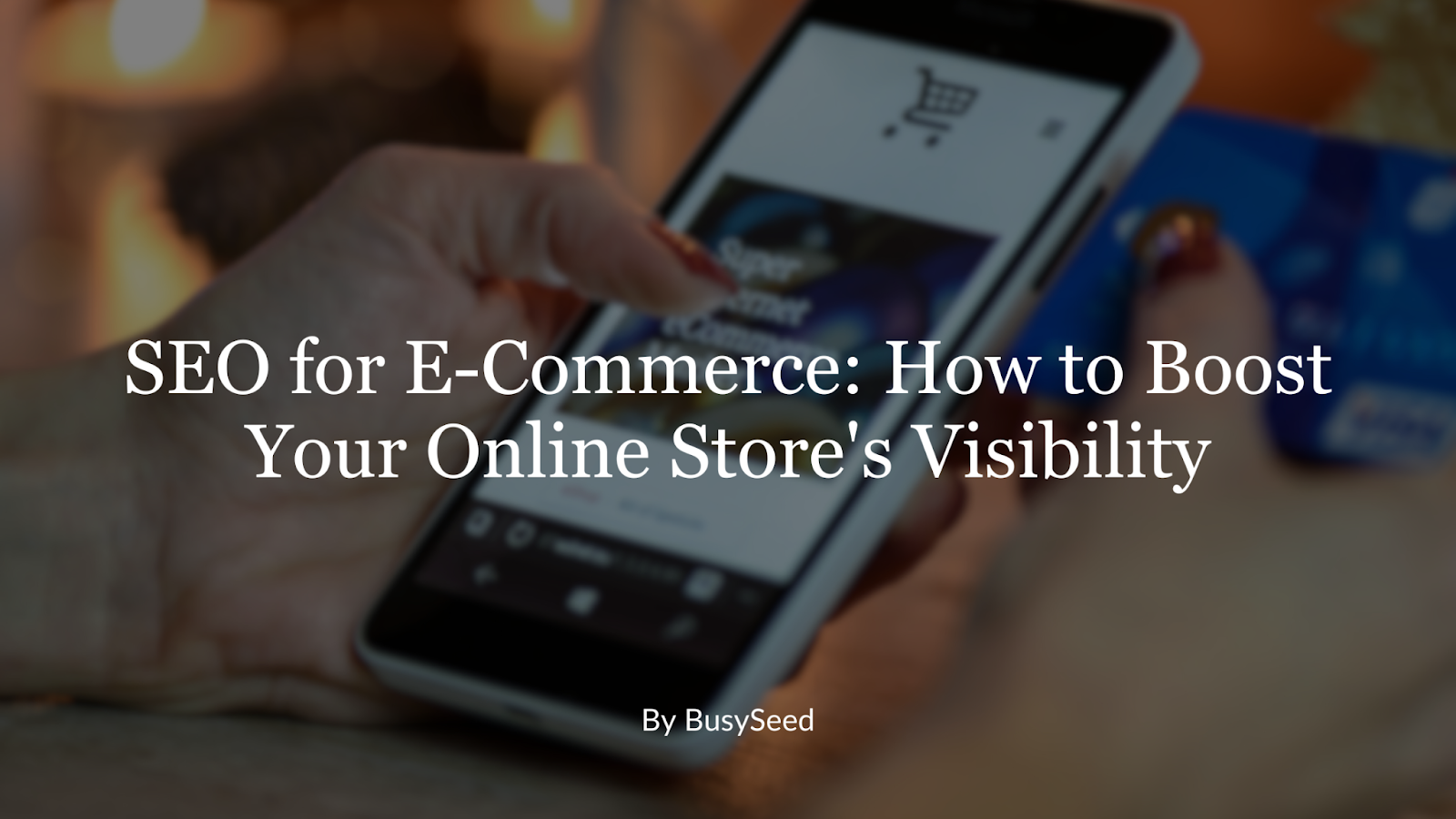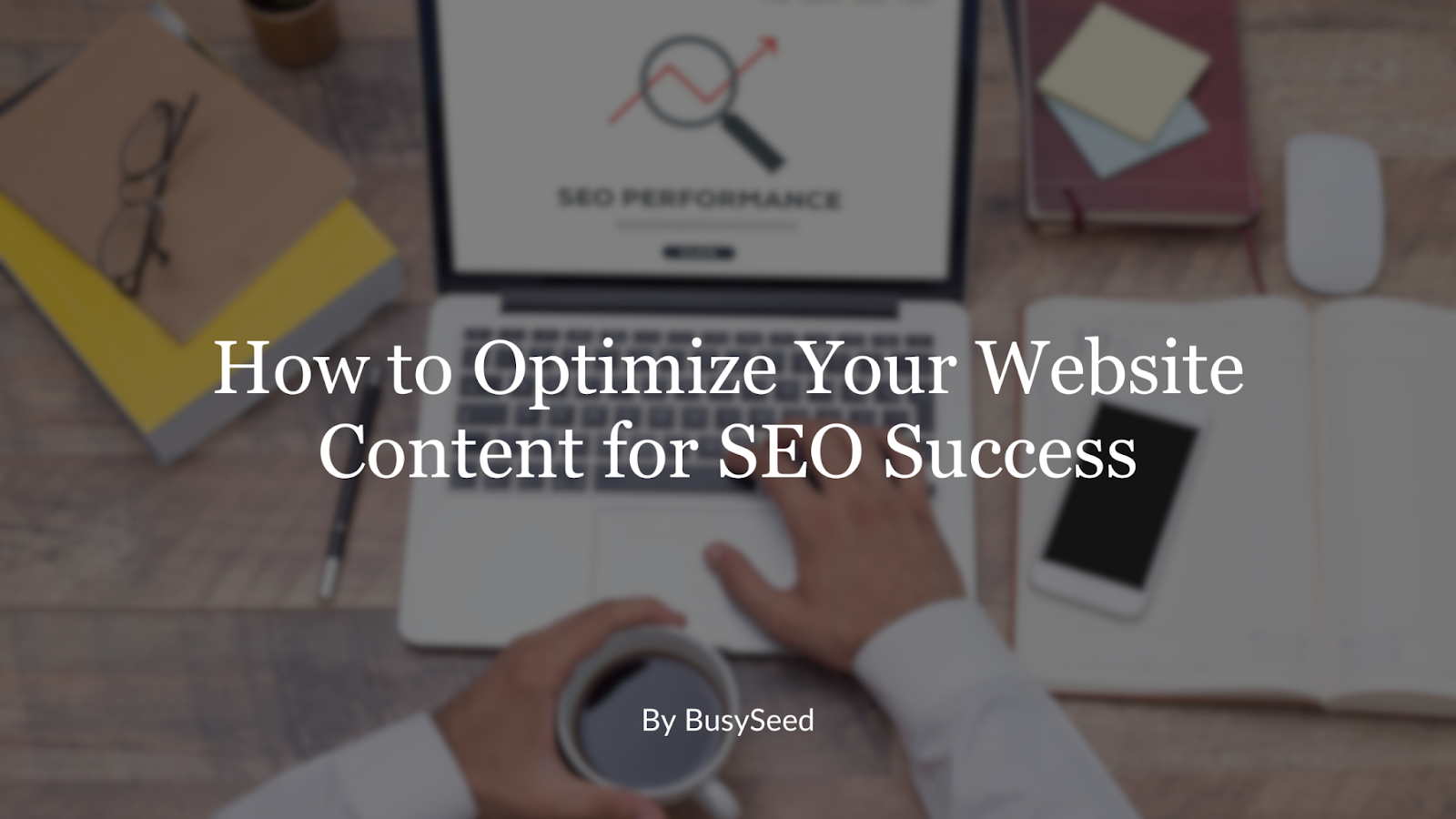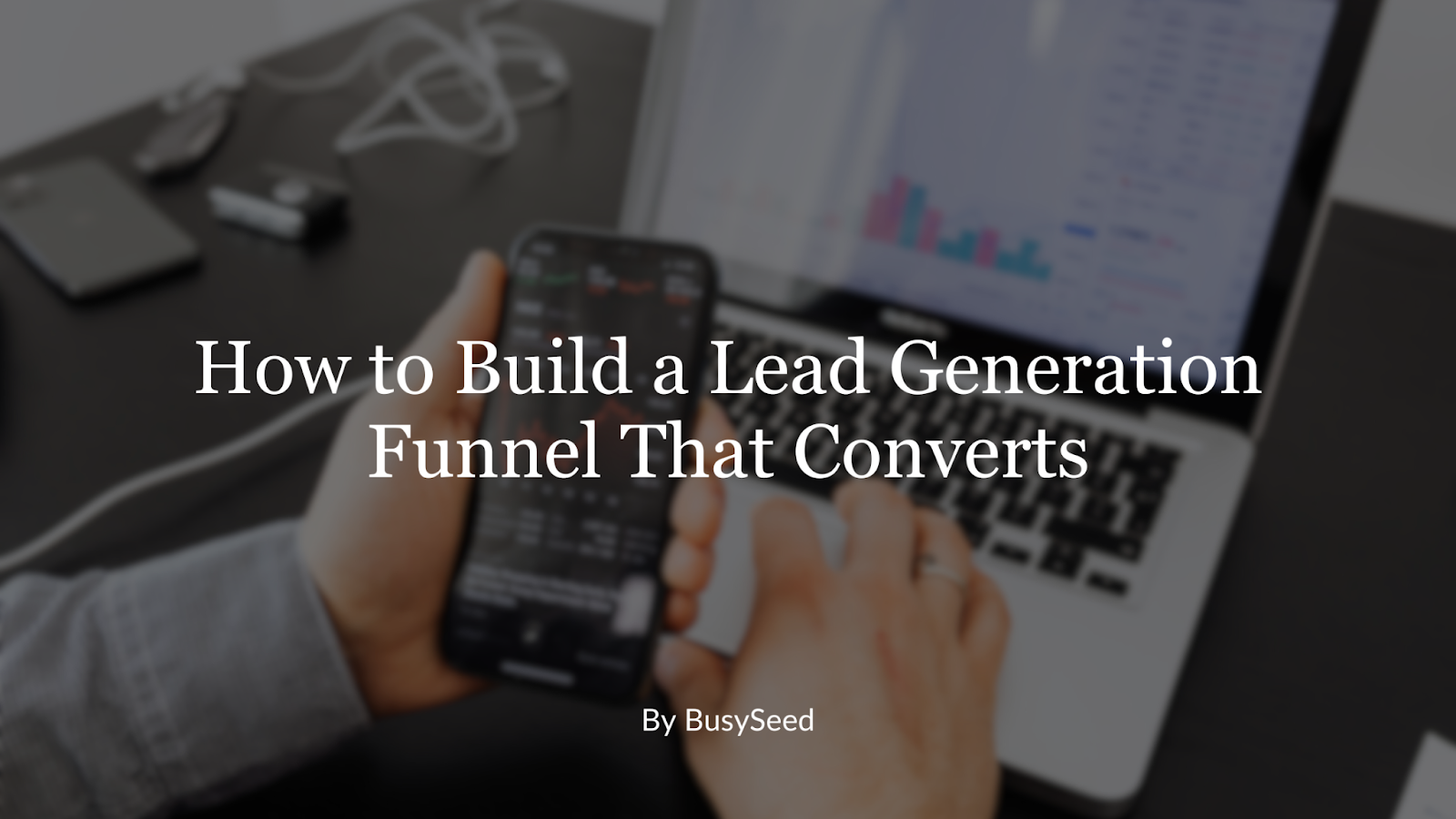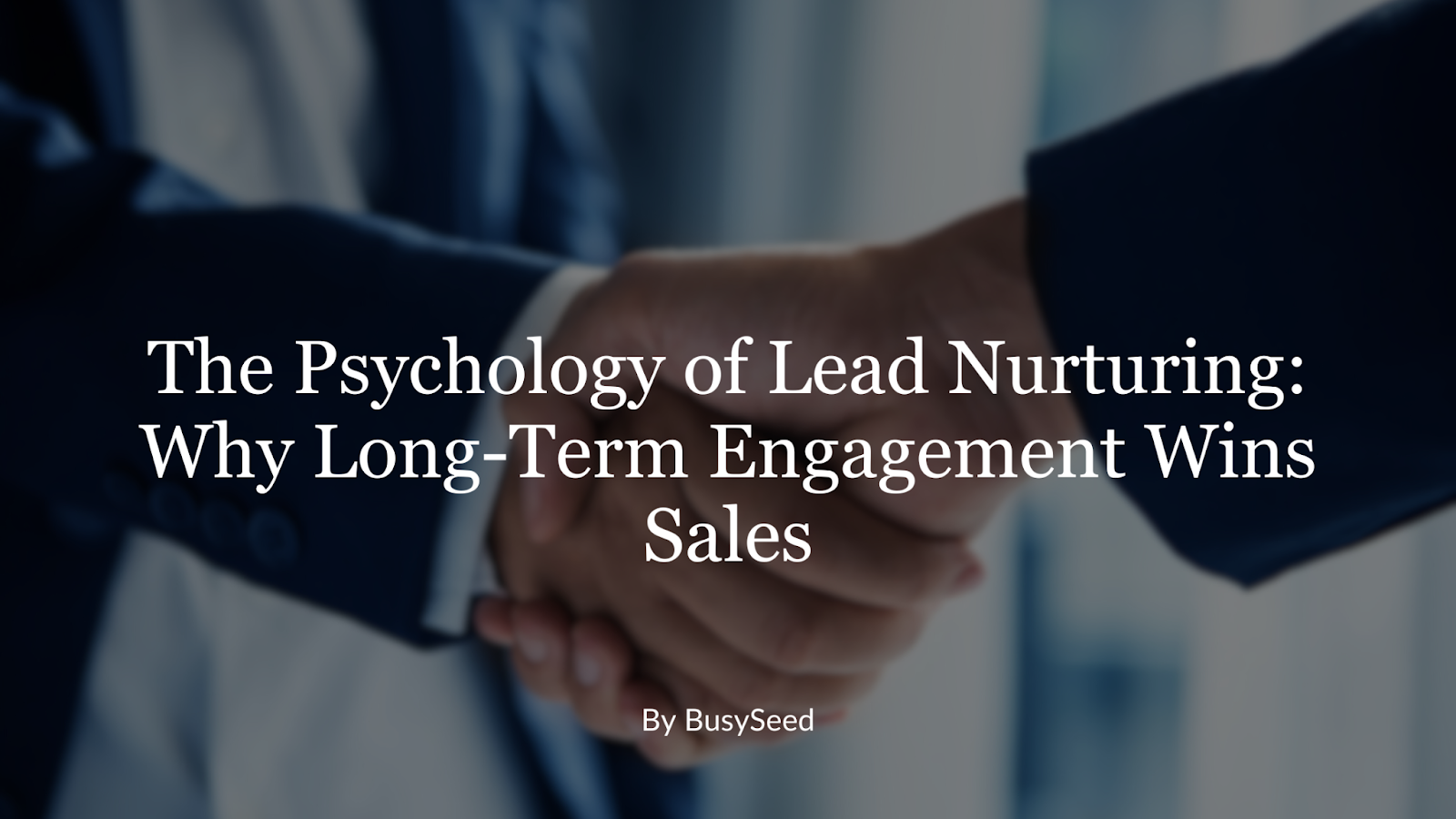Too long, didn't read?
Not to worry! We can sit down together and explain our findings and the contents of this blog in detail. This discussion will include insights from " ". Schedule some time on the right with our CEO.
Unlocking Growth: E-commerce SEO Best Practices You Can't Ignore
Dive into essential strategies that are crucial for maximizing visibility and driving traffic to your online store. Explore the intricate world of E-commerce SEO, from keyword optimization to website structure enhancements.
Uncover the practices that you simply can't afford to ignore if you want to scale your E-commerce business. Elevate your online presence, enhance search engine rankings, and unlock the full potential of growth through strategic SEO practices tailored for E-commerce success.
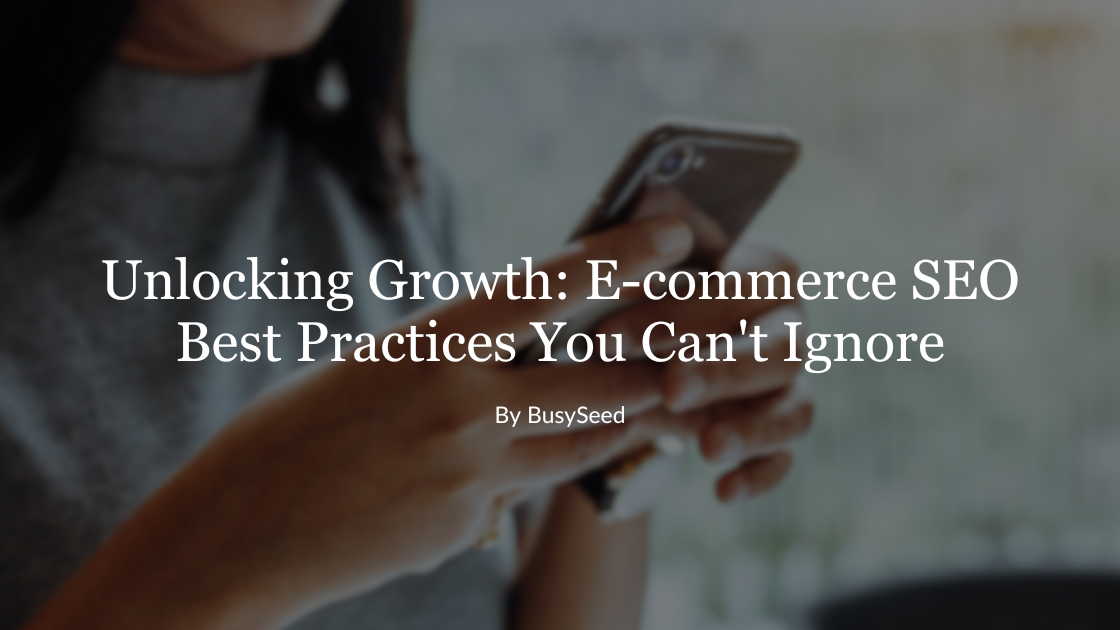
As the advent of digital marketing revolutionizes how we conduct businesses, e-commerce SEO becomes an indispensable vehicle for driving growth. SEO or Search Engine Optimization lies at the heart of e-commerce marketing, playing an integrative role in catalyzing online sales and propelling businesses ahead of their competition. This blog will help you understand the basics of e-commerce SEO and illustrate how a focused strategy can foster a robust online presence for your brand.
Understanding the Basics of E-commerce SEO
E-commerce SEO is a strategic process to optimize your online store to rank higher in search engine results. The higher your web pages' rank in search engines like Google, the greater the chances consumers have to discover your products, leading to increased web traffic and sales.
The importance of e-commerce and digital marketing in online sales marketing cannot be understated. It not only aids in driving targeted traffic to your web store but also enhances visibility, credibility, and customer engagement, empowering you to widen your business horizons.
Amplifying Online Presence with E-commerce SEO
A potent online presence is non-negotiable for businesses aiming to make substantial inroads into e-commerce. However, establishing and maintaining this presence is a tall order that requires meticulous planning, strategy, and execution. This is where a focused e-commerce SEO strategy, coupled with e-commerce and digital marketing, can be a game-changer, helping your brand stand out in the crowded digital marketplace.
An e-commerce agency can lend valuable expertise in enhancing your online presence. As specialists in e-commerce SEO, they appreciate the nuances of how search engines work and tailor a bespoke plan that aligns with your business goals and consumer behavior trends.
Importance of Keywords in E-commerce SEO
The recipe for a successful e-commerce marketing strategy features keyword optimization as a critical ingredient. Keywords are the specific terms and phrases that potential customers use when executing a search query. Integrating relevant, high-ranking keywords in your website content, product descriptions, and meta-tags makes you more likely to appear in search results when users seek similar products or services.
Effective keyword research is at the heart of successful e-commerce SEO. It involves identifying the correct search terms for your product or service with significant search volumes and relatively low competition. Additionally, understanding the search intent, i.e., the user's purpose behind a particular search query, can significantly influence keyword selection and positioning.
Website Structure and its Influence on E-commerce SEO
A cohesive, user-friendly website structure is unparalleled in its significance regarding SEO rankings. Search engines, in their quest to provide superior user experience, pay keen attention to the navigation and organization of your website.
An intuitive, well-structured website that is easy to navigate engages users better and allows search engines to crawl and index your website more efficiently, improving your site's visibility in search results. Hence, an organized site structure should be a central focus when implementing e-commerce SEO techniques.
E-commerce SEO is a dynamic and continuous process that demands patience, perseverance, and the right approach. When correctly implemented, your e-commerce SEO strategy, combined with e-commerce marketing, can amplify your online presence, cultivate powerful relationships with your clients, and propel your digital sales. To take the guesswork out of the equation, engaging an e-commerce agency specializing in e-commerce and digital marketing expertise can help you navigate your path to online success.
E-Commerce Marketing Tips
Essential E-commerce SEO Best Practices
In e-commerce and digital marketing, staying up-to-date and consistently implementing best practices is essential to ensure your online store ranks high in search engine result pages (SERPs). Here are several crucial SEO strategies to increase your website's visibility, drive organic traffic, and boost online sales.
On-Page Optimization for E-commerce SEO
On-page factors play a pivotal role in e-commerce SEO. Every product page on your online store should be optimized with relevant keywords and captivating meta descriptions. Furthermore, providing concise, persuasive, and keyword-rich product descriptions increases the user experience and the likelihood of conversions. Continually optimize all your image alt attributes, as they significantly elevate your SEO ranking.
Website Speed and Its Impact on E-commerce SEO
Search engines, notably Google, consider site speed a significant ranking factor. Users today expect quick-loading pages, and a delay of even a few seconds can lead to potential prospects abandoning your site. Utilize tools like Google PageSpeed Insights to assess your website speed and implement necessary adjustments to boost your e-commerce SEO.
The Power of Content Marketing in E-commerce SEO
Content is a potent tool that boosts SEO and nurtures relationships with customers. High-quality, valuable content that addresses your audience's needs enhances your brand reputation and demonstrates expertise in your industry. Search engines love fresh, unique content. So, regularly updating your blog with insightful articles can positively impact your SEO performance.
User Experience (UX) and Mobile Optimization in E-commerce SEO
Google's recent introduction of "Core Web Vitals" emphasizes the importance of user experience in SEO rankings. A positive UX can improve user engagement and retention and drive conversions. Furthermore, with mobile devices dominating internet use, a mobile-friendly site is a must for effective e-commerce marketing.
The Role of Backlinks in E-commerce SEO
Backlinks from high-authority websites signal credibility in the eyes of search engines. Invest in legitimate link-building strategies like guest blogging or influencer marketing to enhance your online reputation and boost your SEO.
Benefits of Engaging an E-commerce Agency
As an e-commerce merchant, managing business operations and staying up-to-date with ever-evolving SEO practices can be overwhelming. Here's where the benefit of partnering with an E-commerce agency comes into play.
Experienced e-commerce SEO agencies have the knowledge, tools, and techniques to optimize your site, drive organic traffic, and increase online sales. They provide website auditing, keyword research, link building, online sales marketing, and content creation services. Partnering with an e-commerce agency can provide you with a comprehensive SEO strategy that optimizes your website and ensures compliance with the latest SEO best practices, giving your business a competitive edge.
Here at BusySeed, we offer a tailored approach to e-commerce SEO. We strive to understand your specific business needs and customer behavior to design a holistic strategy that drives high-quality traffic, promotes conversions, and uplifts your ranking in SERPs.
Conclusion
The success of your online sales marketing strategy heavily leans on effective e-commerce SEO. From keyword optimization and website structure to on-page techniques and link-building, the significance of e-commerce marketing and SEO in boosting your digital sales cannot be understated.
Additionally, partnering with a professional e-commerce agency can provide you with custom-made strategies designed specifically for your business, relieving you of the pressure to stay updated with every new trend and update in the continuously evolving world of SEO. At BusySeed, we hold the compass that guides you through the dense forest of e-commerce SEO, paving your way to online success.
Remember, SEO success doesn't occur overnight. Continual refinement and re-assessment of your strategy are essential to achieving optimal results. So, implement these e-commerce SEO practices and carve an upward trajectory for your business growth today.

